Back in October 2018 I won my Age Group in the 15K at the OCR World Championships in London (OK, it was in Essex). It was a culmination of a journey* I started back in December 2017 when I set winning the 35-39 age group as my goal for the season with my, then, new coach Sam Winkworth.
There is no one size fits all guide to success. What works for one athlete will not work for another, but as the OCR season that never was draws to a close, now is the time to start thinking about 2021 goals and what you’d like to achieve next year. I hope this post highlights some potential areas for you to pursue in your athletic journey whatever sights you have set. Although my focus was the OCR World Championship, I’m sure it’s equally relevant to the FISO OCR World Championship, Spartan World Championship or indeed any race that you’d like to focus on next season.
1. Set S.M.A.R.T. objectives
It may sound a little cringeworthy, but S.M.A.R.T goals (Specific, Measurable, Achievable, Relevant, Time-bound) are a really powerful way of achieving success. When I set my 2018 goal with Sam I had all these elements included. One of the most important aspects of this is making your goal attainable. For some qualifying for a major OCR championship is the goal (I failed this goal in 2014 when I wanted to race in Ohio) or simply keeping the band. In 2017 in Canada I finished 8th in the 30-34 age group at the OCRWC. So in 2019 moving up to an older age group I knew that with a lot of hard work, and with home advantage I had a realistic chance of winning. My goal was achievable, but still very challenging.
My advice, set your goals high, but if your goal is to be an Age Group World Champion ensure you’ve built the building blocks to achieve that. There is no point in setting an impossible goal, not in the near future anyway, maybe as part of a 3-5 year plan.
2. Get a coach and a training plan.
Not everyone needs a coach, but most athletes would benefit from one. I would not have become a World Champion without my coach Sam Winkworth. While I was incredibly focussed and committed, it was Sam who built my training plan that I followed, introduced me to strength & conditioning, mobility and enhanced my mental attitude (these should all be their own tips by the way). Having a plan and someone to hold you accountable to your goals can not be underestimated. More than this, genuinely, Sam made me a better person, not just a better athlete and I will forever be grateful for his time and energy.
Sam is a great coach, as you can see I recommend him highly. This said, I know there are lots of fantastic OCR coaches in the UK and abroad. The key is to find the right one for you, it’s a partnership that you’ll need for the long term to be successful.
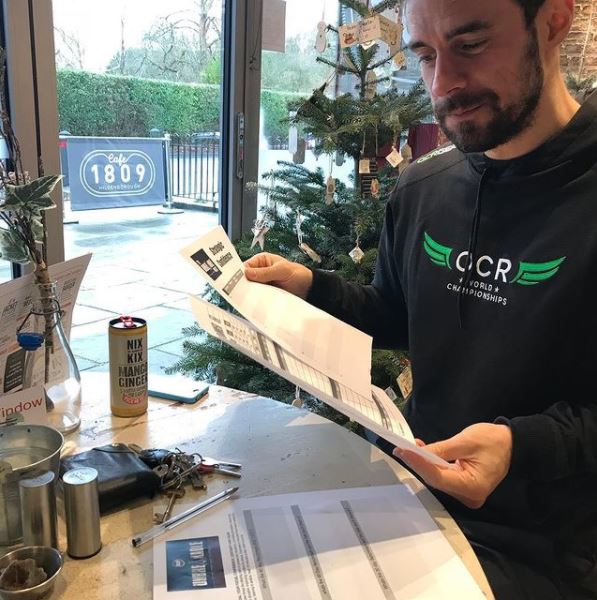
3. Prioritise your time
I don’t think the number of professional OCR athletes will even get you into double figures. So for the most part we will all need to be working a full-time job and earning a living elsewhere. This isn’t to say you don’t have time. Indeed, in the 168 hours we have each week we have more time than we think to do the things we want to do. This isn’t to say it’s easy. Prioritising your time takes discipline. Some top tips from me:
- Watch less TV. This has been one of my biggest changes. I might watch a film or documentary every week or so, but that is about it. Often we watch TV at an hour when we are not training, but there are so many more important things we could be doing. Reading a book, spending time with friends and family, sleeping!
- The above also applies to social media. Admittedly this is something I need to improve upon, but I continue to be as mindful as possible about my usage.
- Combine training with your family and friends. Date runs are fun (read: recovery runs 😉). Go climbing with your partner or friends. If you have children, it’s great to show them the importance of exercise while also getting some active time yourself.
- Drink less alcohol or not at all. This is hard for some people, but very beneficial. Alcohol, while a lot of fun (trust me I know), is not only going to impact recovery, but for me at least, hangovers would impact my ability to train for 2-3 days after a heavy session. This was a ‘sacrifice’ (read: #firstworldproblems) that I had to make, but to be honest I feel better for it.
- Track your time. A very worthwhile exercise is to track your time for one week to see how you use it. I used an app called Toggl, but this could simply be done on your phone or on a piece of paper. Assess your time after you’ve completed a week of tracking. Where are you spending time you don’t need to spend? Can you stop doing it? Can you delegate it? Where do you need to spend more time?
Book recommendation: 168 Hours: You Have More Time Than You Think
4. Make yourself accountable
If you’ve set an important goal sometimes it helps to tell people about it. This could be with your coach, a few close friends or the whole world via social media.
It was also one of the reasons I set up an athlete page on Facebook to track and share my progress. I certainly don’t classify myself as an elite athlete, and I didn’t want people to think of me as “one of those guys”, but I did want to put extra pressure on myself to keep me honest with my training. I had to deliver on what I set out to do.
It was also a good place to communicate my goal where no one would really see it 😉
Note of caution: This needs to be handled carefully, it can also be a dangerous tactic as the act of telling someone about a goal can also subconsciously tell yourself you’ve achieved it before it has even happened, but on the whole I’ve found it useful.
5. Run more
Running is perhaps the singularly most overlooked part of obstacle racing. Yes you can hang for 5 minutes from a bar, but amazing grip strength will be pretty meaningless if you can’t keep up with the front runners. In 3K & 15K races you are running far more than completing obstacles and this is absolutely where you can make the most time up when racing as long as your obstacle ability is at a baseline where you are completing obstacles first time. Further to this it’s far easier to get better on obstacles than to improve your running speed. The latter can take many years to enhance. I’m certainly not qualified to give you advice on what to do, other than to find someone who is, and make running the fundamental part of your training plan.
6. Boulder more
Bouldering is not for everyone, but I’ve found it a truly wonderful way to spend a few hours solving problems. Time seems to fly, it relaxes me and I walk away absolutely destroyed especially in my forearms. Best of all, I feel like I’ve not really worked that hard either.
If you haven’t given bouldering a go I highly recommend you try it and see if it’s for you.
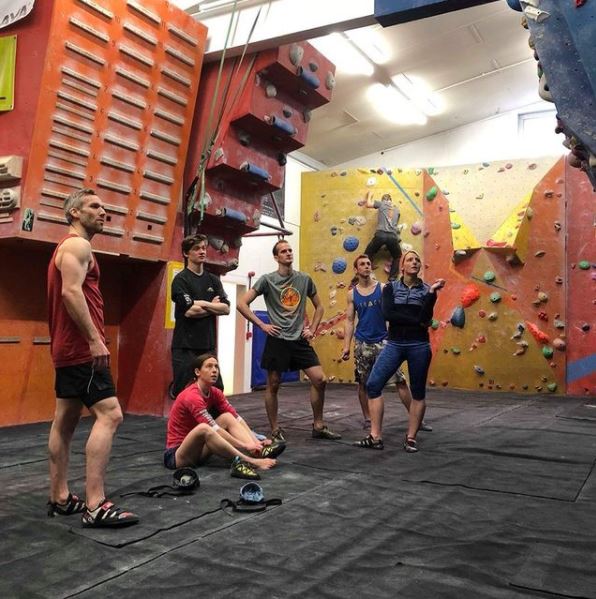
7. Don’t overtrain
Update 02/21: I no longer use ithlete, primarily because it got very temperamental and wouldn’t take my reading easily. This got very frustrating in the morning. Also worth noting that some well-respected trainers disagree that tools like ithlete are accurate. Either way, the premise of avoiding overtraining, but equally not giving yourself excuses not to train is important.
As motivated and driven athletes you all want to be training as often as you can, but sometimes you have to accept that you need to rest (see next point on recovery too). This said, it can sometimes be too easy to say no to a training session when you are perfectly capable of doing it.
Sam suggested ithlete for heart rate variability (HRV) monitoring. This is a heart rate strap that you use each morning and breathe in and out for 55 seconds to give you a daily score (red, amber, green). So unless I felt like death or equally felt incredible I followed the red, amber, green without fail. Training as normal on green, with caution on yellow and stopping when on red. Yes, often I wanted to train (or didn’t want to), but the HRV scoring gave me an objective way to make a decision each day. In addition to the other points it helped me to complete in the region of 90%+ of my planned training sessions across the year.
I think this can be one of the biggest failures of a motivated athlete. If you want to hit your goal you need to avoid any lengthy layoffs through injury or illness, so sometimes you need to take a day or two to recover.
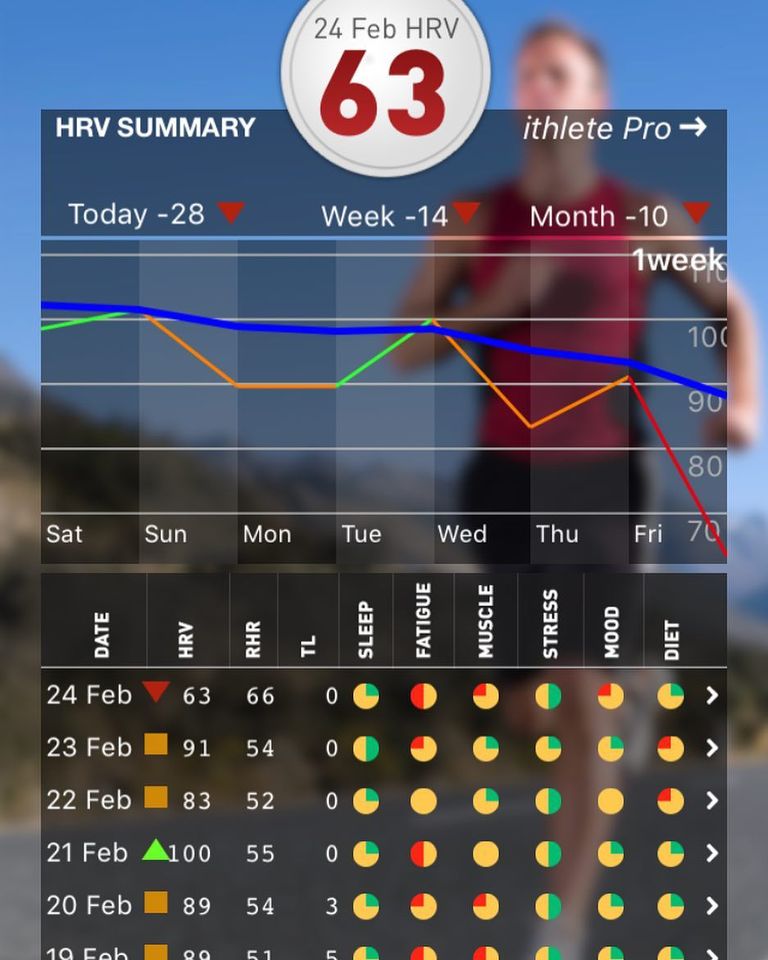
8. Recover quicker
As highlighted above recovery is very important.
The old adage that sleep is for wimps is certainly not for aspiring athletes. Eight hours sleep per night is achievable for most of us with the right prioritisation. It will make you healthier and a better athlete.
Eating well (including lots of anti-inflammatory foods like ginger and turmeric) and drinking less alcohol will also speed up your recovery and keep your training on point.
Sam introduced me to daily mobility to keep me moving, and to counteract some of the damaging impacts of my desk job. I also had regular visits to Kam at Lotus Wellbeing Clinic who helped to speed up my recovery and also gave me great advice on when to continue training and when to rest. Kam also helped me manage a back injury that I 100% believe would have impacted my ability to win if I had not followed and listened to her advice in the preceding months.
Don’t kill yourself on the track or in the gym and not give recovery the same level of importance.
9. Meditate
Back in 2017 when Sam suggested meditation, I said yes to giving it a go out of respect for following the coaching plan that was being set rather than anything else. I was certainly in the camp that meditation “was not for me”, almost finding it something that was a little strange and certainly not something that would benefit my racing. How wrong I was.
There are many ways to meditate. Sam simply asked me to be quiet and focus on my breathing for 12 minutes every day. After shaking off the uncomfortability of it all I quickly became a fan. I found a mid-afternoon meditation at work the perfect way to bring calm to a busy day. I was then set to go again for the last few hours of the day. While bringing significant benefits to everyday life (see my point on balance for the importance of racing) I also found that in races I was able to control my heart rate when approaching obstacles far better. This skill can not be underestimated in obstacle racing.
- Book recommendation: Mindful running
- Free app recommendation: Insight timer
10. Read
Sam also got me reading, sharing a few book recommendations, but ultimately the advice was to read and read regularly. So I started reading 10 pages a day at a minimum and the habit has stuck. I credit reading for a few key areas of personal development, something I’m very grateful for. It has given me an increased appreciation on what is important to me (health, family and friends), and less focus on the importance of stuff (indeed, this is not only good for my own health, but the planet too… less = more). A much greater appreciation of the importance of mental strength in athletic performance. Finally an increased understanding of inherent biases in all of us and how to overcome or understand them. Indeed, I’ve become increasingly interested in the brain, and the psychology of why we do what we do.
Reading opens the mind to new information uncovering blind spots, reduces stress and increases focus.
Here are the 60 books I’ve read since then, mostly non-fiction. Although, after reading the Wild Robot series with my children I’ve realised I need more fiction in my life!
And a few fitness related suggestions:
- The Pressure Principle – Dr David Alred
- Can’t Hurt Me – David Goggins
- Born to Run – Christopher McDougall
- Training for the Uphill Athlete – A Manual for Mountain Runners
- The Spartan Way – Joe De Sena
- The Champion’s Mind – Jim Afemow
- Mind Gym – Gary Mack
11. Race (and race specific)
The OCR World Championship is an intense obstacle heavy 15K course. I knew that I needed some quality preparation to be ready for the course. At this stage I was not a member of the Nuclear Phoenix team, but I of course still made an effort to visit the Nuclear Wild Forest and race Nuclear Rush to get some training on the home obstacles. I also made some trips into Europe to race the OCR Series and Toughest Series. Both are fantastic races with obstacle heavy courses. OCR Series organised by Strong Viking was ideal as the distance was longer, and competition levels were high – it also offered the perfect mix of obstacles. If I could compete well here, I knew dropping down a few K to the classic 15K distance would feel easier.
In June I also attended the OCR European Championship. This is traditionally the most challenging technical course on the circuit – and in Denmark it would prove to be just that. So again having this as a benchmark really helped me prepare for the OCR World Championship.
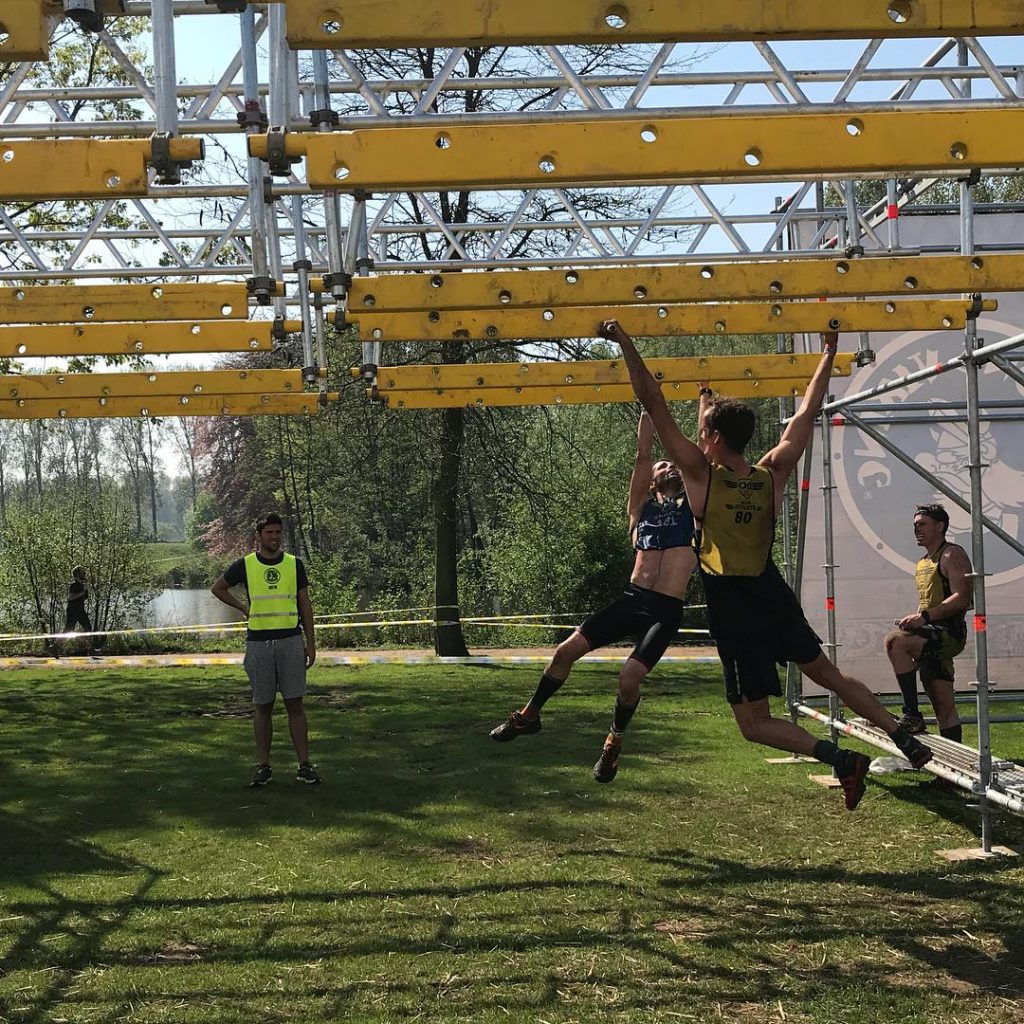
12. Prepare
Especially when you are looking to overperform or smash that key race, the value of preparation is vital. I’m a little bit of a geek for this kind of stuff so it came easy to me…. Haha!
On the course map, I analysed every obstacle and visualised each one. I knew when I would have wet hands, and when I was going to be approaching a technical obstacle so I could dry my hands on trees / grit etc. I would know when the longer running sections were coming up so I could stretch out the legs. I also made the call to go hard at the start of the race to hit the Wreck Bag carry in a strong position and avoid any hold ups. This was a great strategy as I was in the top 5 at this point, so could track the front runner until I eventually took the lead.
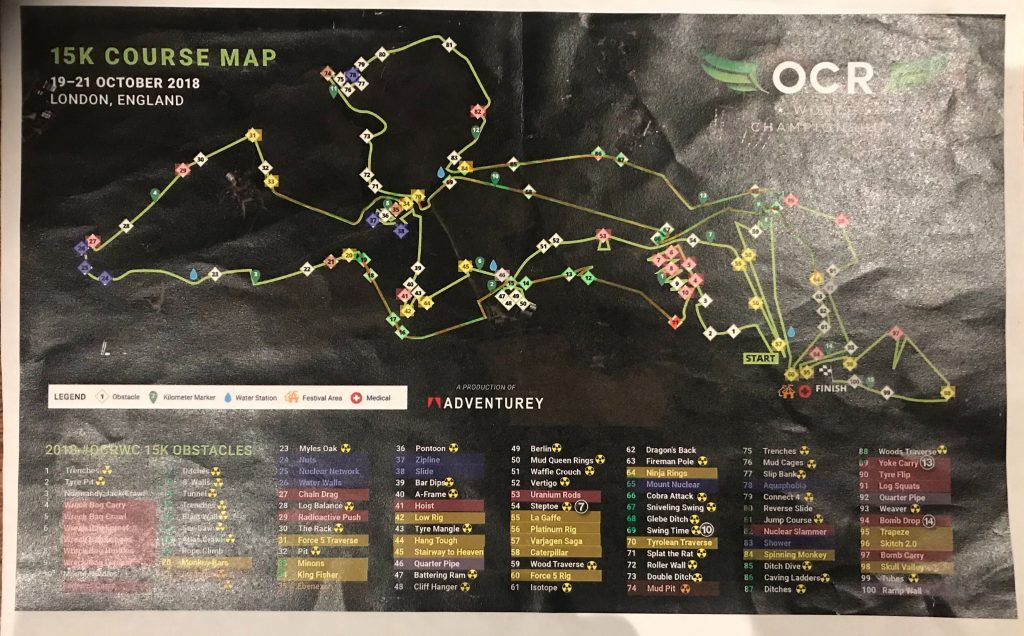
Prior to race day I pumped myself with motivation quotes and clips. I knew I was going to do it. I had a music playlist that I used to focus myself on race day and get myself in the right mindset.
I also used a mantra to give myself focus while racing – Focus. Pace. Next obstacle. This really helped me to concentrate and was especially important for the second half of the race when I was out in front.
13. Get some luck
(As someone who is a little superstitious, the number of this tip is not lost on me… it was not intentional 😂)
No doubt I worked hard to win the race, however I do not underestimate the importance of luck.
In Age Group racing some of the best Age Group runners will compete at the elite level, and while I was faster than any 35-39 year old in the elite wave, who knows what would have happened if the likes of Gavin Hogarth and James Meredith raced in my wave.
The weather was perfect, would I have completed every obstacle first time if it would have been wet, would my grip endurance have failed me and another athlete have come through?
Would I have won if the race was in the mountains and not at Nuclear Races a course I was relatively familiar with.
Who knows? All I can say is that I do believe that’s while you need luck (and good vibes) to be successful and achieve a goal, you make your own luck too.
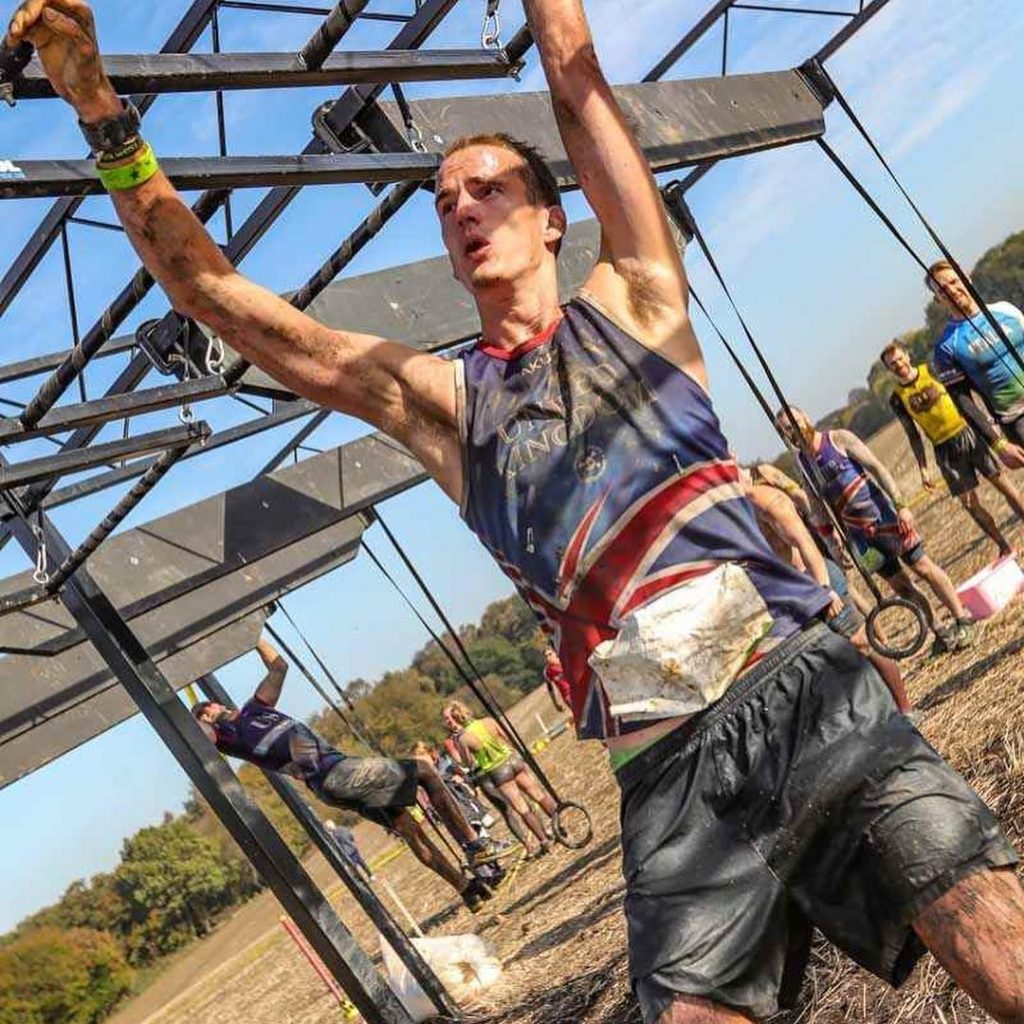
I completed it I would be a World Champion.
14. No excuses
One thing I’ve come to believe is that excuses are for losers. Wherever I place in a race, is the place I deserve to be. I use what I have learned to make me better, but never to say what I could have done or achieved. Whether it’s work, family, an injury or a mistake it’s important to own your performance. We are a consequence of our past. Excuses make it easy to settle (I was X with no training), and give a false sense of success. This can often mean that you don’t put in the work to make you better in the future.
In 2018 I started a Champions Journal to complete a retrospective on each race to help me adapt my training for forthcoming races. I found this really helped me to develop during the year in the lead up to the big race.
15. Balance
While this is still an area I struggle with (I’m an “all-in” kind of guy), Sam really coached me in the importance of balance when it comes to training. For the non-professional athlete it’s critical that training, racing and life remain in harmony. We worked on a 360 training plan that went beyond my physical fitness and also looked at how I could become a better husband, parent, son, friend and employee too.
It sounds obvious in hindsight, but when you have everything working in balance you are less stressed, more motivated and have the time you need to put in the training you need to be a better athlete. As an added side bonus it also makes you a better person too (I hope!).
Tied to this is the sense of gratitude. Acknowledging the daily wins, and how lucky I am to be alive with the time and possibility to be even taking on the challenge I had set myself. Accepting this level of privilege certainly helped me to focus and to not worry about any small, inconsequential setbacks along the way.

——-
So there it is. 15 tips to become an Age Group OCR World Champion. While I ran that course with complete focus I was still a little shocked and very euphoric when I crossed the finish line.
A dream that had been a year in the making had been realised.
I did it. I was a World Champion.
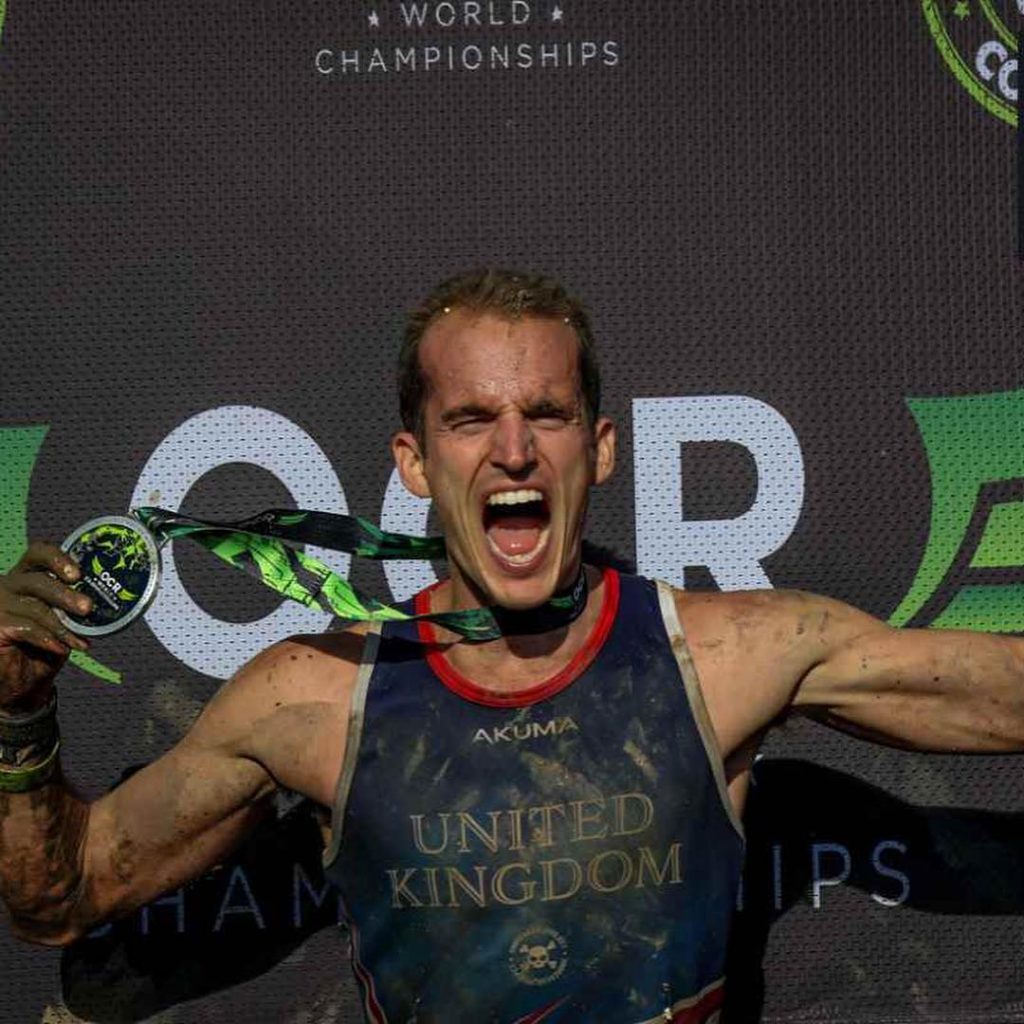
In 2019 I returned to the OCR World Championship with a new goal to place top 25 in the Pro Division. I continued to follow all the tactics outlined in this blog post. I even reduced my work hours a few months prior to ensure I could hit all my training sessions. Note this made me very, very accountable to my plan. I was literally sponsoring myself (via less wages… now I write that I’m not sure if it’s sponsoring… but you know what I mean) so I was very focussed. I continued to get great coaching from Sam, but the biggest additional change that helped me was to join a running club.
Bonus tip: Join a running club
Tip five was to run more. Of course it’s not just run more (although it helps), as you’ll need some speed in your workouts to run faster and there is no better place to get quicker than to join a running club. I joined Serpentine Running Club and trained every Tuesday at the running track at Paddington Recreation Ground. At the start my running times put me in the B group and there is nothing more humbling and motivating than seeing how quick some of these runners are. Through consistent attendance I got myself into the A group (at least the back of it) and dropped some serious time with my running. I would 100% recommend doing this.
Oh…. and in terrible conditions and with plenty of retries in the 2019 Pro division I came 22nd in the World. Goal achieved, and while I shouldn’t be too hard on myself as I beat some very, very accomplished OCR athletes I still feel there is more in me. A lot has changed since 2019 on a personal level… but I’m still contemplating one more attempt at the Pro division and top 20 in 2021.
So you want to win the Pro division?
While I’m sure some of this advice will help, if this is your goal I suggest you start to following the guys and girls who have done that already.
* While I set my goal to win the 15K AG35-39 division in November 2017, my OCR journey actually started way back in 2013 with my first obstacle race. While I had some decent running speed I was no way near where I am now.
- 5K PB – 20 minutes+
- Finished 86th in the Spartan Elite Beast, Pippingford, 2014.
- Unable to climb a rope until 2015! (Yes I know)
I guess my point with this is, that while there is certainly an aspect of genetic inheritance that some people will benefit from (including no doubt myself), working damn hard with clear focus and prioritisation can bring results in all of us and unlock our athletic potential.
Over to you:
- What do you think of these tips?
- What’s missing?
- Any that you disagree with?
- What are your goals for 2021 and beyond?
Let me know in the comments.
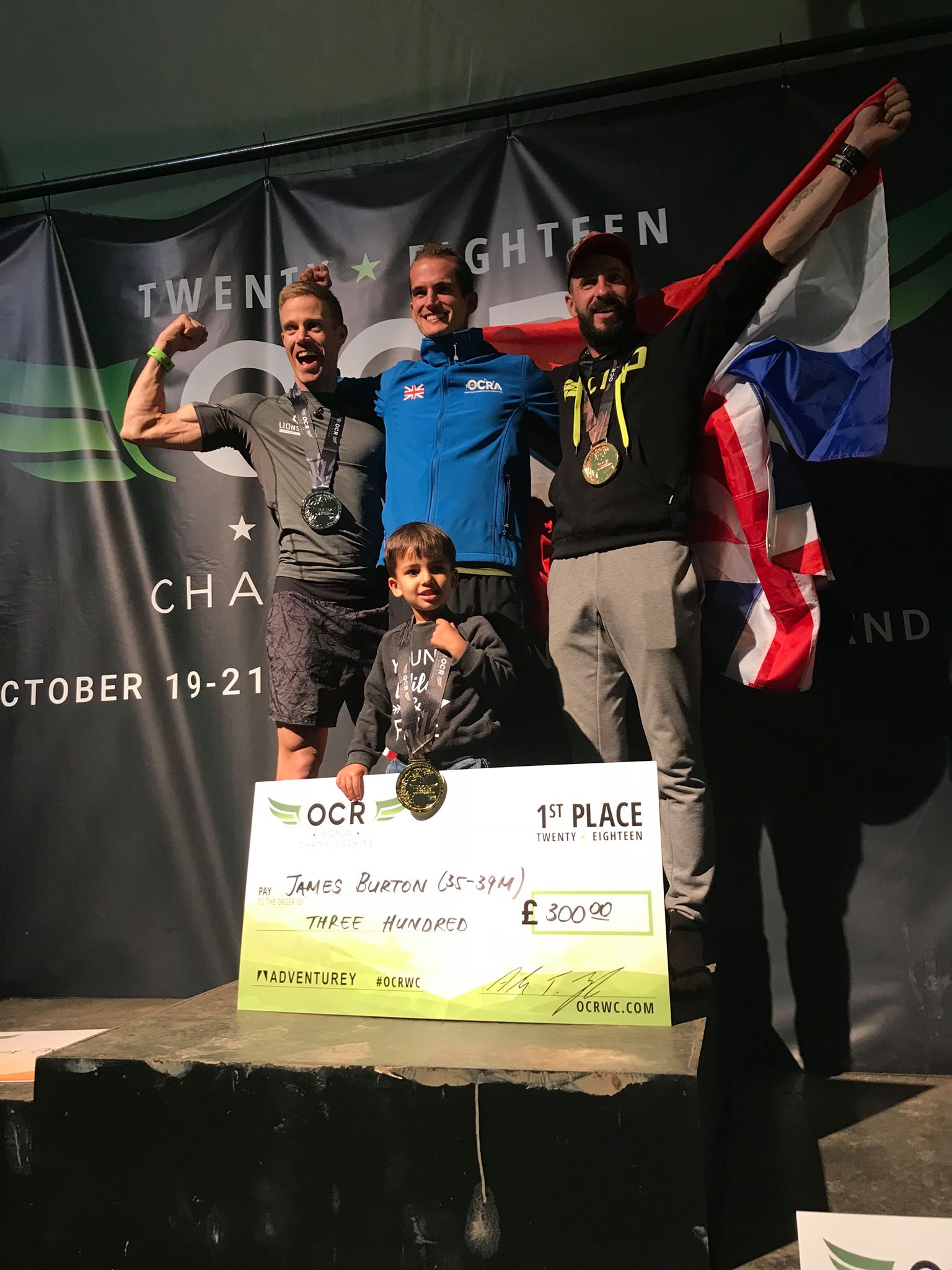
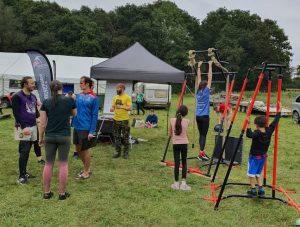
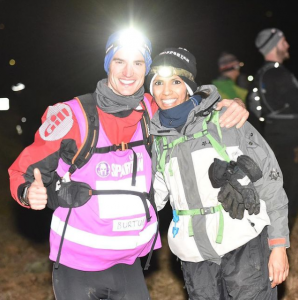
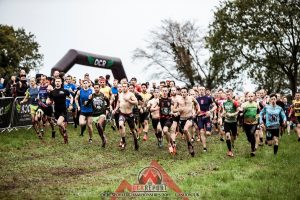
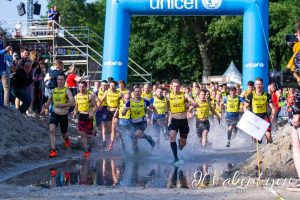
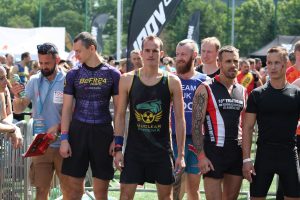
A great read. I really ought to adopt some of these…
…and shoot Alix Arndt and Nikki Johnson!
A great and very honest article, thank you for sharing, I’d love to finish in a podium place in 2022 in my AG at the Spartan European Championships, this has spurred me on to achieve this!